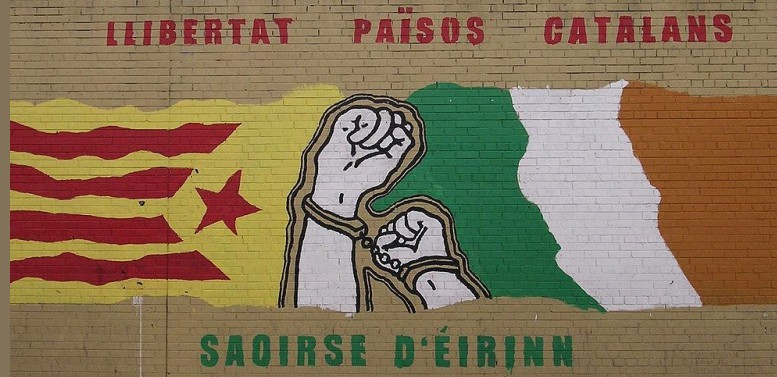However, a unified Europe is, paradoxically, threatening to precipitate the disintegration of some its members. According to this estimate, there are more than one hundred secessionist movements in Europe, the vast majority of which are inside the EU. Although that account is undoubtedly generous -most of these movements are disjointed with little influence on the ground- it is evident that Europe is a fertile ground for nationalism.
Conventional wisdom has stated that the EU is the best way to ensure political stability, democracy and tolerance in Europe. This has certainly been true so far, but does not explain the growing tendency towards separatism, particularly amongst the richest regions. This year, Scotland, Catalonia and Veneto in Italy have held votes on their independence. Perhaps it would be pertinent to ask if the European Union actually fosters nationalism.
As counterintuitive as it may seem, this is not a far-fetched idea. In 1997, Alesina and Spolare found that economic integration does not reduce the number of countries, in fact quite the opposite. In a far more provocative and superficial note, the late Nobel Prize winner Gary Becker stated that small nations are like SMEs, or big corporation’s spinoffs: more efficient economic units and, therefore, more competitive. Becker, however, died without explaining why Rwanda is less efficient than, let’s say, Germany.
Whatever the reason, it is clear that the European Union is currently fostering nationalism among its members’ most prosperous regions. That makes sense, given that those very same regions want to remain members of the EU. Add to that the protection of NATO and the absence of any visible threat or enemy, and the logic is perfectly rational. The riposte of central governments appears to be: with independence, there will be no EU membership, no euro and—in Scotland’s case—no British pound.
The only problem with that dynamic is that it offers no possibility for exit whatsoever. This is another EU-generated problem: it creates separatist tendencies, but does little to address them.






Be the first to comment on "Economic integration (particularly in Europe) provokes nationalism"